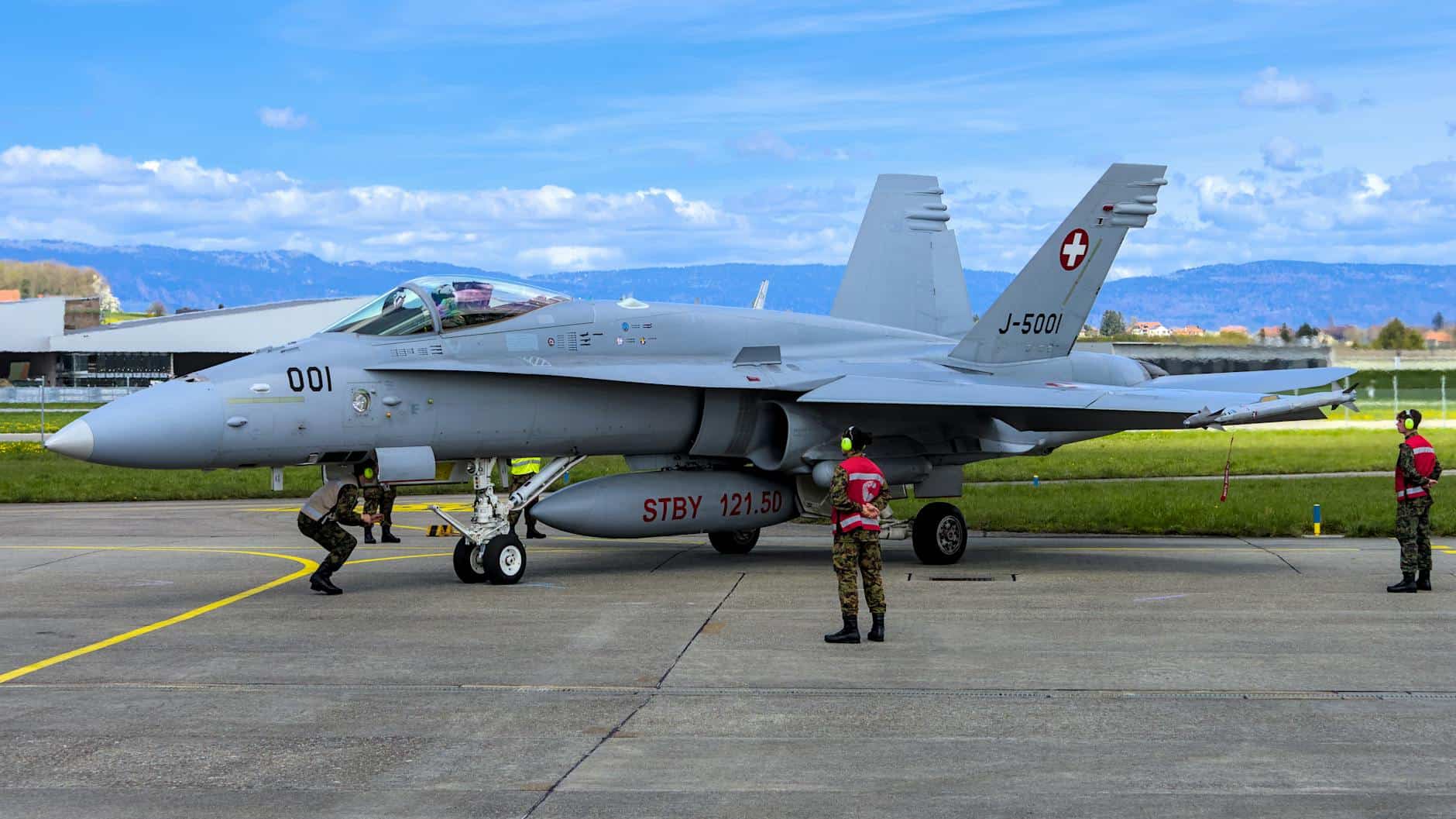This week, Switzerland’s parliament voted in favour of spending an extra CHF 4 billion on the nation’s military, bringing annual military expenditure to 1% of GDP earlier than planned, reported RTS. The extra CHF 4 billion will bring the total budget to CHF 30 million spread across the period from 2025 to 2028.
Topics:
Investec considers the following as important: Editor's Choice, Personal finance, Politics
This could be interesting, too:
Investec writes The global brands artificially inflating their prices on Swiss versions of their websites
Investec writes Swiss car insurance premiums going up in 2025
Investec writes The Swiss houses that must be demolished
Investec writes Swiss rent cuts possible following fall in reference rate
This week, Switzerland’s parliament voted in favour of spending an extra CHF 4 billion on the nation’s military, bringing annual military expenditure to 1% of GDP earlier than planned, reported RTS. The extra CHF 4 billion will bring the total budget to CHF 30 million spread across the period from 2025 to 2028.

The Federal Council, Switzerland’s seven member cabinet, had wanted to cap military spending for the period at CHF 26 billion. However, parliament and the upper house approved a higher limit of CHF 30 billion. The higher amount will allow military spending to reach 1% of GDP by 2030 instead of 2035. Under the plan, military spending is set to rise from CHF 5.7 billion currently to close to CHF 10 billion annually,
The question of how to fund the all of this spending remains. The Council of States, Switzerland’s upper house has suggested cutting spending in other areas such as federal payments to cantons, federal staff cuts and a cut of CHF 2 billion to foreign aid. Parties on the left are opposed to both the increase in the military budget and the suggested spending cuts to fund it.
Whether these means of funding are feasible remains questionable. The cantonal representatives of the Council of States are likely to be resistant to foregoing federal tax receipts. Savings in foreign aid are also highly controversial.
As an alternative to spending cuts, parliament is discussing the possibility of higher taxes to fund the increase, with higher VAT as a suggestion. VAT in Switzerland is currently 8.1%.
The outcome of these funding debates will only become clear during the budget debate in December.
More on this:
RTS article (in French) – Take a 5 minute French test now
For more stories like this on Switzerland follow us on Facebook and Twitter.
